These Are the Foods You Should Never Feed Your Cat
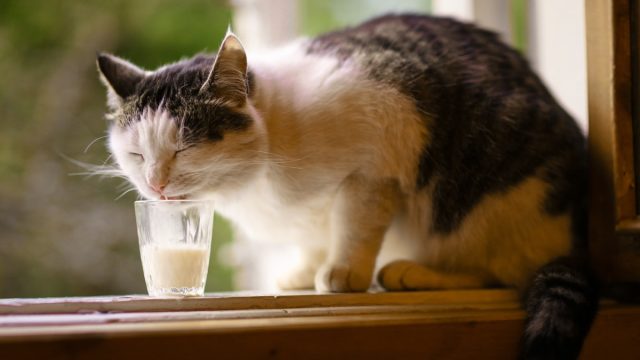
When it comes to feeding your cat, it’s best to stick to the stuff that’s specifically formulated for felines. Though you might feel bad giving your cat the same exact kibble every night, this food is designed to provide your pet with the nutrients he or she needs—plus it’s made by professionals who know which foods cats can and can’t stomach.
But what about those moments when you want to sneak your cat a little something from the fridge or pantry? A little indulgence every now and then won’t kill Princess—but if you’re going to feed your feline friend human food, make sure you first know all of the foods that are bad for cats.
Avocado
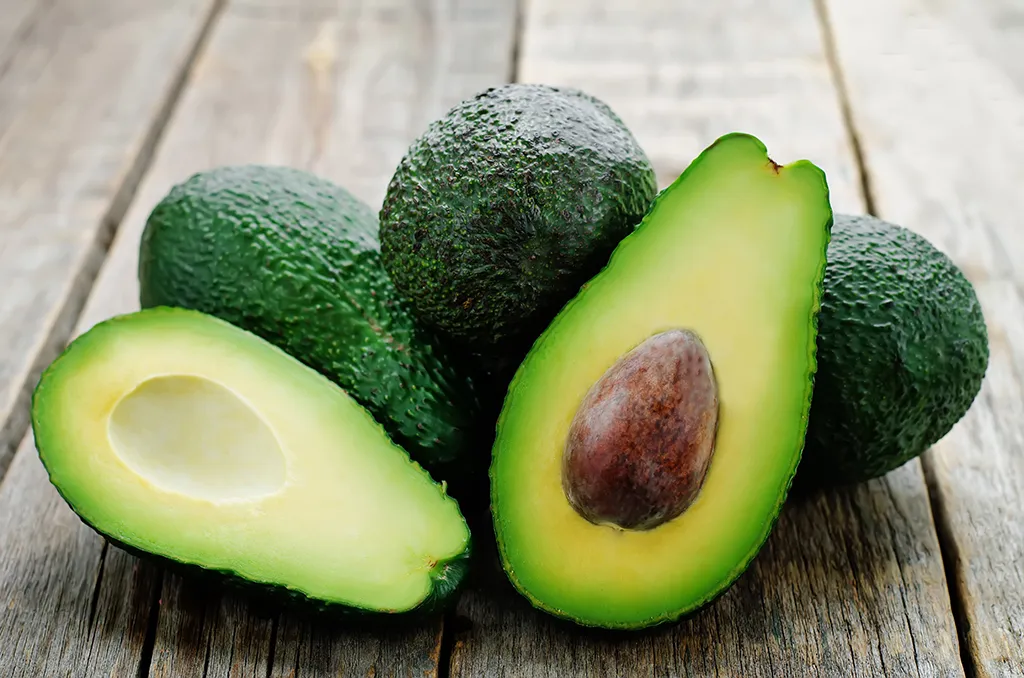
Don’t let your cat get ahold of your avocado toast. “Avocado fruit, pits, leaves, and the actual plant are all potentially poisonous to dogs, along with other pets like cats, mice, rats, birds, rabbits, horses, cattle, and goats,” notes a 2009 study published in the journal Interdisciplinary Toxicology. The green fruit contains persin, a fungicidal toxin that is “highly insoluble” and can “trigger fluid accumulation in the lungs and chest.”
Milk
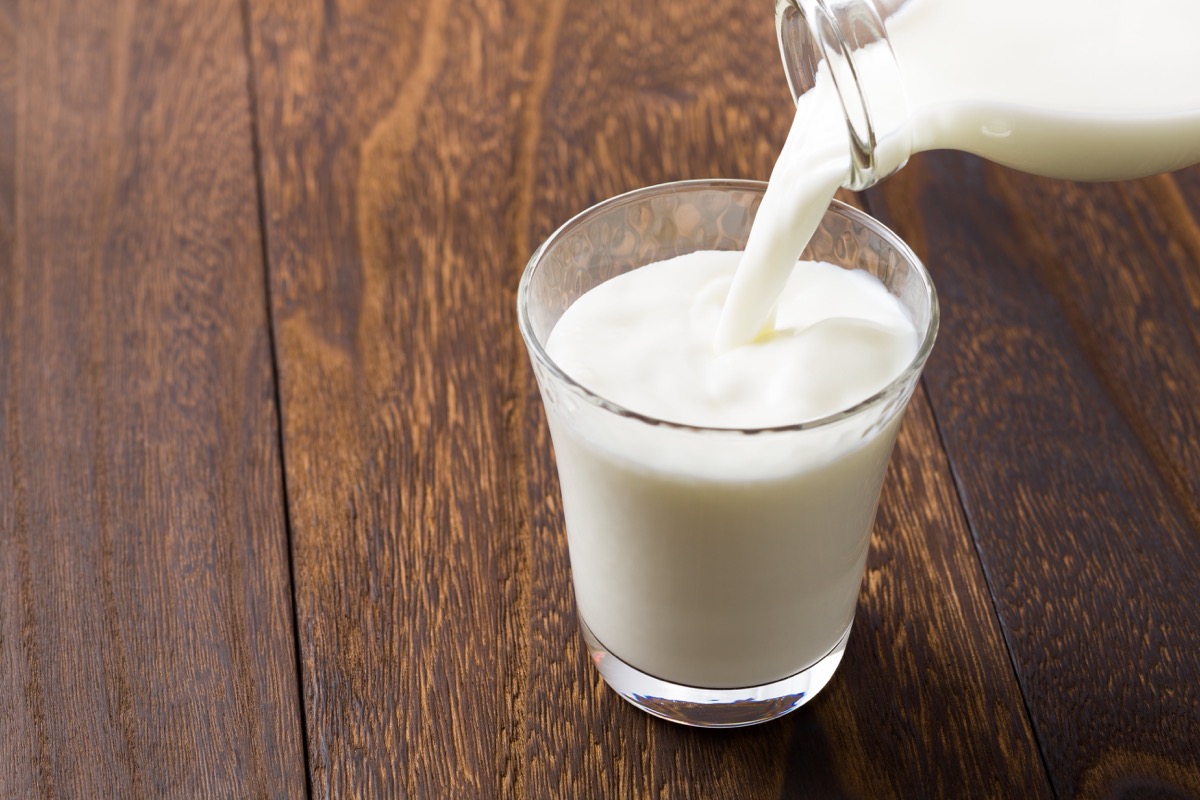
Though stray cats are often offered bowls of milk by well-meaning strangers, the reality is that “cats are lactose intolerant as adults,” according to Dr. Danielle Bernal, staff veterinarian at Wellness Natural Pet Food. She explains that “as cats age out of kittenhood, they lose their ability to break down the lactose in milk, so they may present with an upset stomach or diarrhea shortly after [drinking it].”
Chocolate
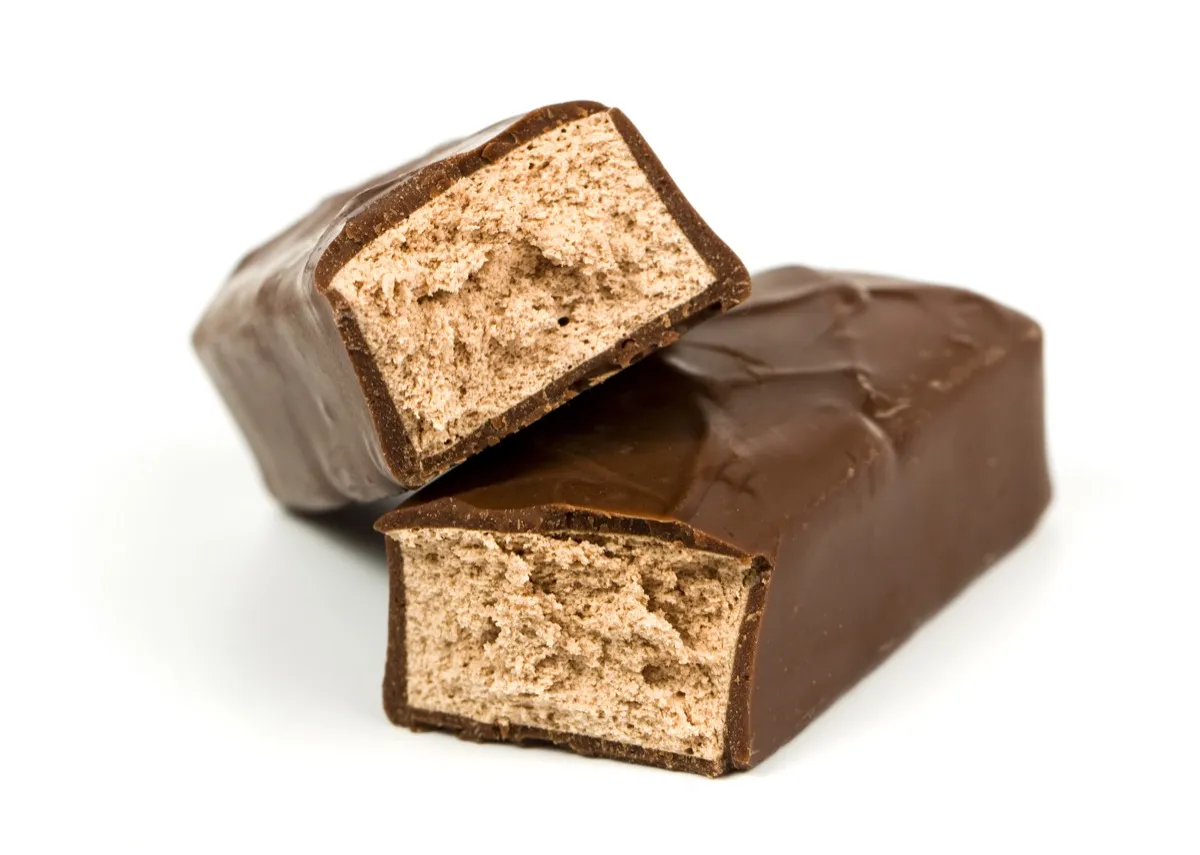
What people say about chocolate being poisonous to pets is true. The sweet treat contains substances called methylxanthines—ones that, when they are ingested by small animals like cats, can cause everything from gastrointestinal issues to death. In particular, cocoa powder and cooking chocolate—especially when they are dark—are the most lethal forms of chocolate for your cat, so keep any baking supplies locked up and out of reach.
Candy
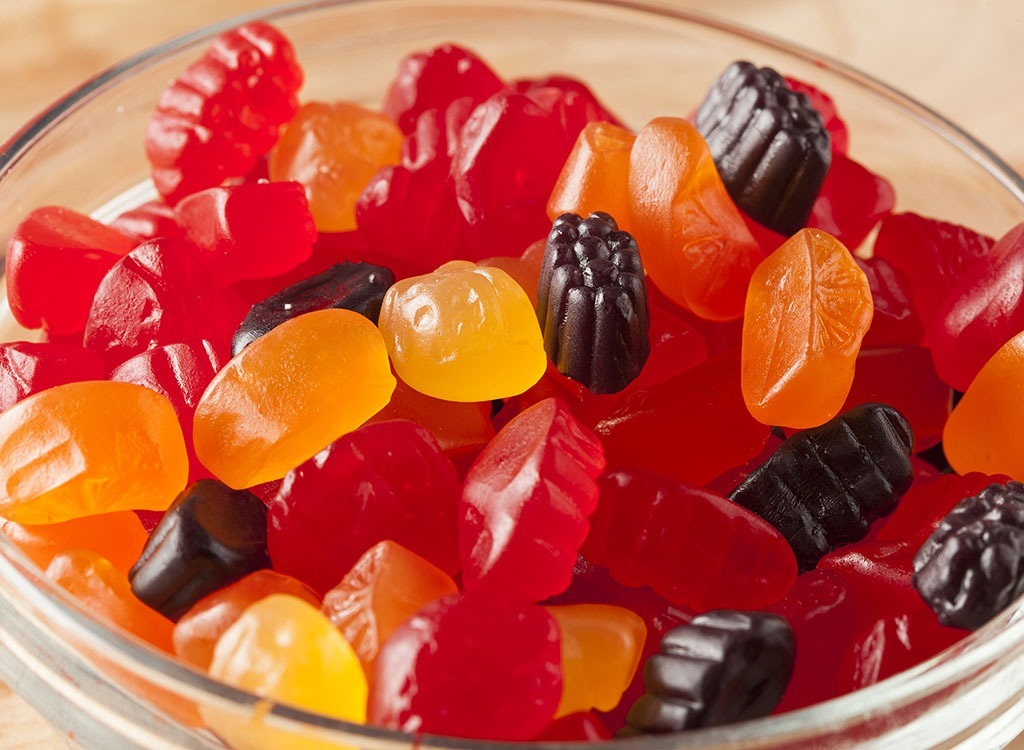
Keep your kids’ Halloween candy far away from the cat. As the Interdisciplinary Toxicology study notes, many candies—as well as chewing gums, baked goods, and toothpastes—contain an artificial sweetener called xylitol, which, when ingested by cats, “results in a rapid decrease in blood glucose…[and] then results in depression, ataxia, seizures, and collapse.”
Onions
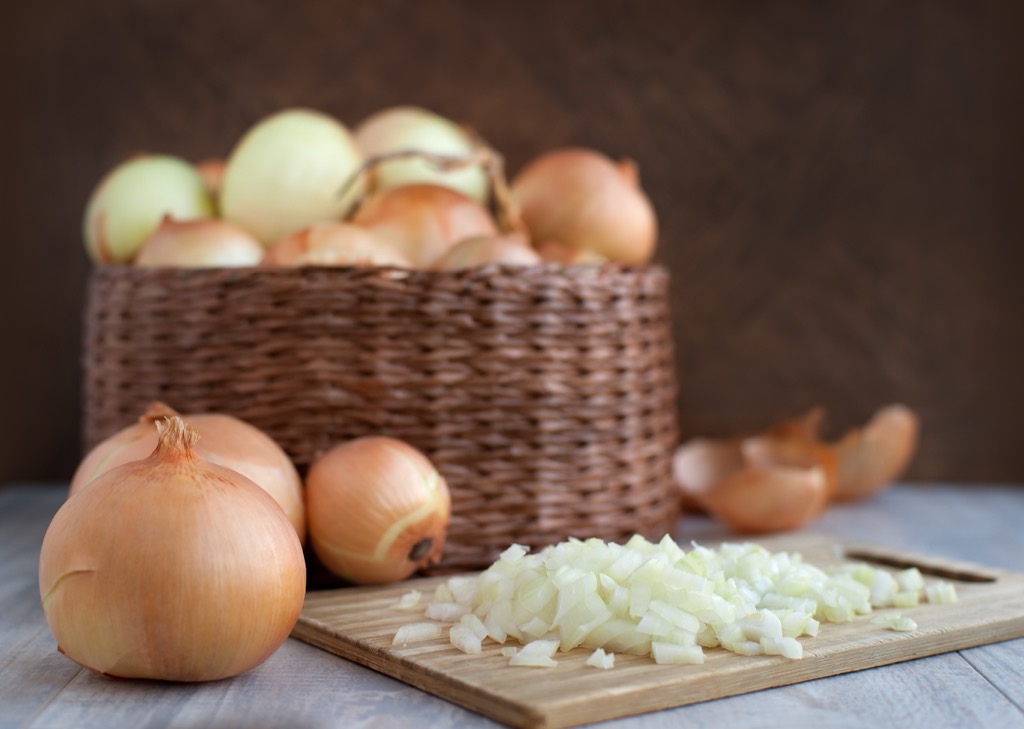
One of the foods that is especially bad for cats is onions. According to Bernal, this vegetable contains sulfoxides and disulphides, both of which “can be highly poisonous to cats.” Evidently, they have the ability to break down cats’ red blood cells and cause “clinical signs of anemia, lethargy, weight loss, and gastrointestinal problems.”
Garlic
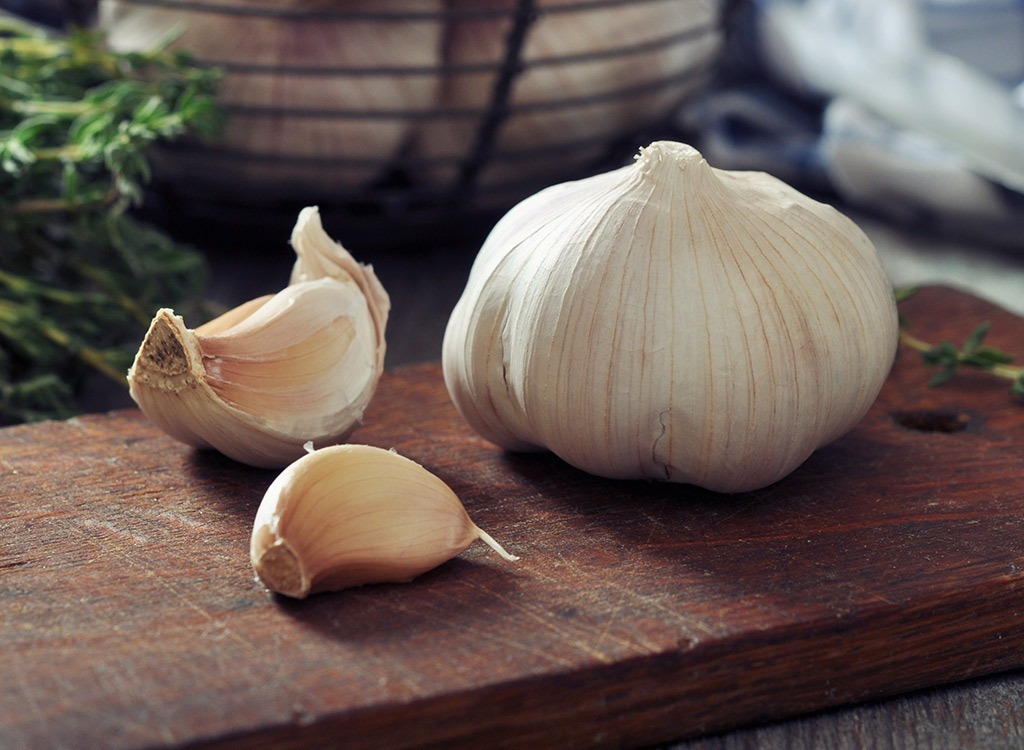
Like its close relative the onion, garlic also contains sulfoxides and disulphides and is considered poisonous to pets. In fact, the Interdisciplinary Toxicology study notes that “the most common poisonous foods for cats are onion and garlic and other related root vegetables.”
Dog Food
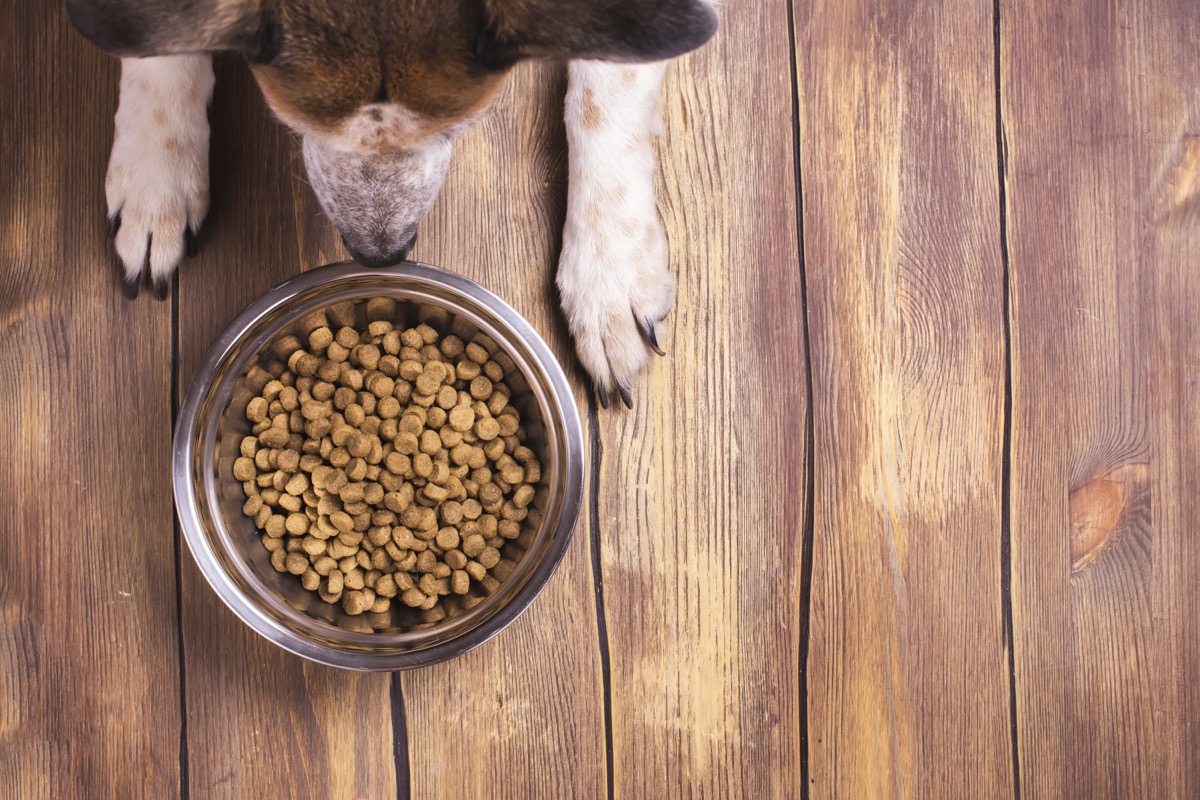
Of course, most pet owners know better than to give dog food to their cat. However, curious felines aren’t afraid to take a taste of whatever’s on the floor—and if it does become the case that your cat is eating out of your dog’s bowl, Bernal warns that this can lead to “health problems such as heart disease, vision impairment, and dental problems.” Thankfully, your cat will only start to experience serious health issues if and when they consume dog kibble in large quantities—but nonetheless, you should make sure that your cat is only eating their feline-specific food. And if you’re a fan of felines, then check out these 30 Funny Cat Videos That Will Make You Love Cats Even More.
To discover more amazing secrets about living your best life, click here to follow us on Instagram!